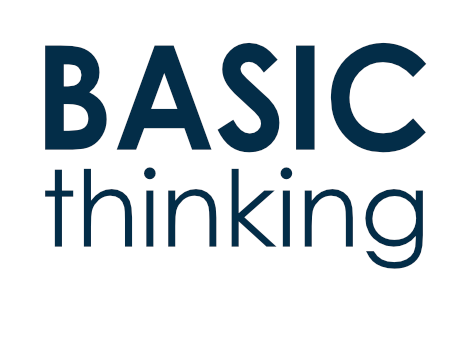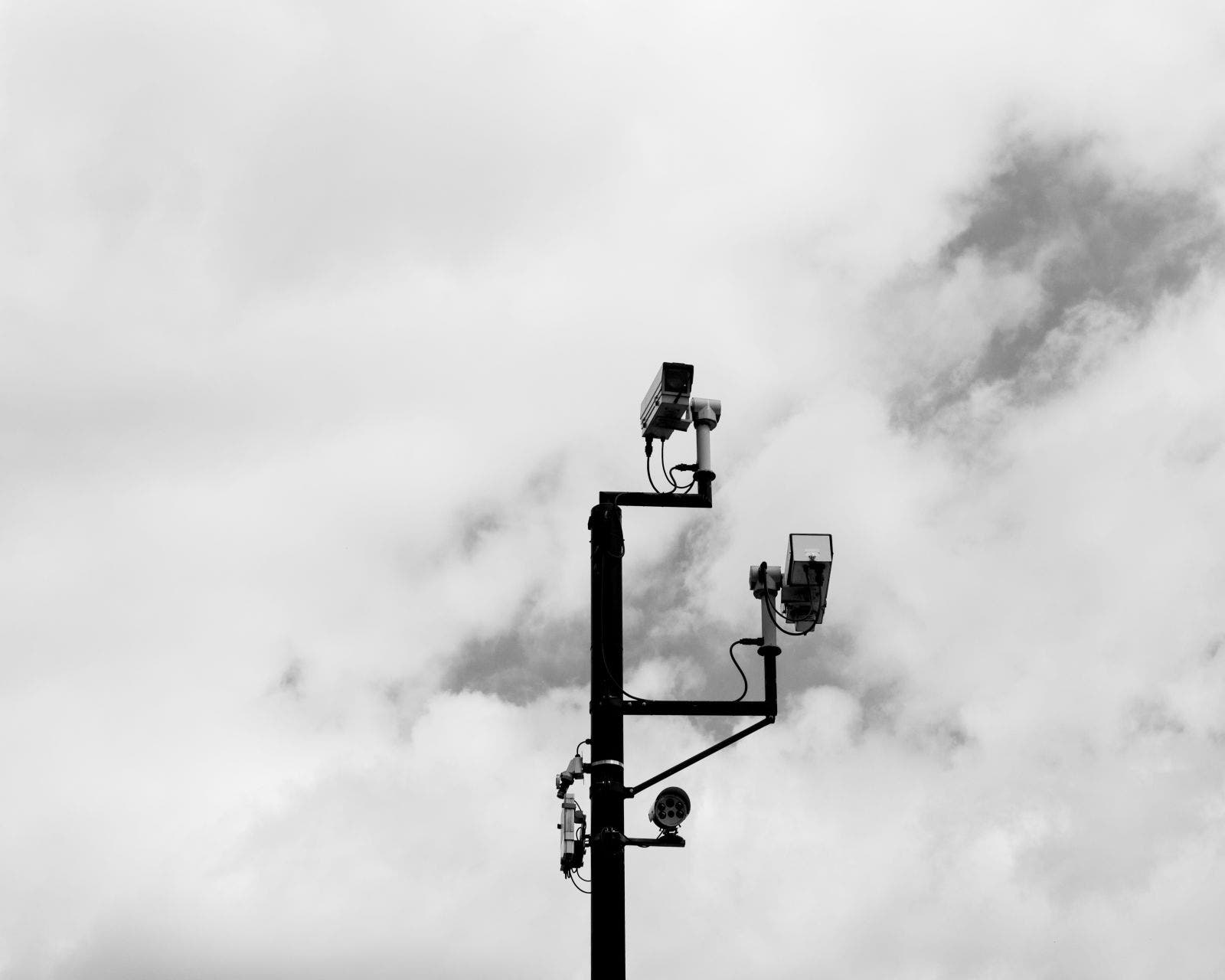TMC:
The Japanese Olympic Committee is telling athletes competing at the Turin Winter Olympic Games not to open web logs because the Olympic Charter bans athletes‘ journalist activities when the games are on, and violators will be disqualified… The International Olympic Committee began to strictly regulate athletes‘ journalistic activities in 1992 when American track-and-field athlete Carl Louis reported his impressions to a newspaper by mobile phone as he entered the opening ceremony of Barcelona Olympic Games in 2000. The IOC warned the American Olympic Committee that his action violated the Olympic Charter.
Sprich: Während olympischen Spielen dürfen die Athleten ihre Blogs nicht befüllen. Mir stellt sich dabei die Frage, ob generell jeglicher Inhalt untersagt wird oder nur Dinge rund um die Olympiade. Das letztere ist natürlich eh viel spannender. Sehr schade, zumal ich das grundsätzliche Verbot journalistischer Tätigkeiten nicht ganz nachvollziehen kann.
In der olympischen Charta (.pdf), Punkt 51, steht nur:
Only those persons accredited as media may act as journalists, reporters or in any other media capacity. Under no circumstances, throughout the duration of the Olympic Games, may any athlete, coach, official, press attaché or any other accredited participant act as a journalist or in any other media apacity.
Im Web gesucht, ob sich bereits jemand damit vor längerer Zeit befasst hat und siehe da, anlässlich der Spiele in Athen 2004 findet man einen Bericht beim Duke Magazin:
The magazine was just beginning to run a Web log–the online community’s equivalent of postcards sent home–from Curt Clausen ’90, a race walker. (Pole-vaulter Jillian Schwartz ’01 had contributed impressions from the opening ceremony.) For the reporter, Clausen’s record as a competitor was less interesting than his habits as a blogger. The reporter explained that the International Olympic Committee (IOC) had barred all those swimmers, runners, and race walkers from writing firsthand accounts for websites. Supposedly the IOC was concerned about the interests of accredited journalists, and it was bound to be protective of broadcasters who had paid out big fees. Online journal-keeping might be confused with journalism, or might compete with journalism, or, in its muscularity, might be akin to journalistic opining on steroids. The informed yet informal narratives provided by blogs are at once more personal and less sweeping than professional reporting. Their appeal is in their amateurishness. Blogging is an act of interpretation. Journalism, too, is an interpretation of reality. But journalism is part of a collective act, and the individual reporter’s voice is tempered by the editorial standards of the organization. Journalists have editors. Journal-writers are lone voices. The beauty (sometimes the bane) of the Web is the space it gives to lone voices.
Und kann mich dieser Betrachtungsweise nur anschließen:
Indeed, it seems to me that blogging is to watching or reading about the Olympic games as touring a „virtual“ art gallery is to visiting a museum: They are mutually reinforcing activities. Sampling the one–the little picture–lures you into the other–the big picture. In „commissioning“ the blogs (the Duke athletes weren’t paid for their blogging efforts), we wanted to make the Olympics movement more meaningful and more vivid. The Web can deliver an immediacy that a bimonthly publication schedule doesn’t allow. It can also help build relationships among readers, just as it can build relationships between them and the magazine. This is, after all, an alumni magazine devoted to education, not a commercial enterprise devoted to profit making. (That, of course, would feel so out of place at the Olympics.)
Mal gespannt, ob sich an dieser doofen Regel doch noch was drehen lässt für die Athleten.
via Blog Herald













